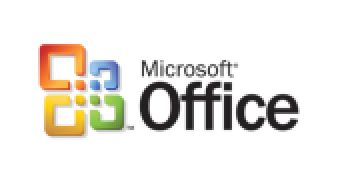Microsoft has poured a great deal of effort in turning Open XML, the default format of the Office 2007 System, into an international standard. According to the Redmond company, in excess of 14 months of work went into fine tuning Open XML, turned into the Ecma International Standard (Ecma 376) in December 2006, in order to deliver a specification that would be ratified as an ISO/IEC standard. And as the format moves ahead in its ratification process, Chris Capossela, Senior Vice President, Microsoft Office, stressed the fact that "tremendous work and improvements" were introduced during the last 14 months and the ISO/IEC process.
"Office Open XML fulfills an important customer need - the file format was designed to be backward compatible with the content and functionality in billions of existing documents. This enhances archiving capabilities, which is one of the key reasons the U.S. Library of Congress and The British Library contributed to the development of the Ecma standard. Additionally, Open XML allows for custom XML markup within the body of a document which is a handy way to allow users to tag their content for interoperability with other types of software such as a custom line of business system," Capossela stated.
One of the critiques that was brought against Microsoft was the fact that it tried to add yet another ISO standard instead of adopting the ones that were already ratified. The Redmond company is betting on the Open XML horse, mainly because of the intimate connection between the file format and its Office System. Instead of adhering to the existent PDF/A, HTML, ODF, CDF, UOF standards, Microsoft simply argues that one more standard wouldn't hurt, because it would satisfy customer needs.
"Above and beyond our own implementation, however, I wish to make it clear that to enable broader adoption of the format - including for use by our current and future competitors - we have made our commitment to Open XML unambiguous, and as such have made (through our Open Specification Promise) irrevocable, royalty-free patent commitments to all developers to implement the formats. (...) We have listened to our customers and the community and are proud of the work that has been done on the Open XML formats. We believe that these formats deliver unique value to the industry and users will benefit from it being in the hands of the global community as an ISO/IEC standard."

 14 DAY TRIAL //
14 DAY TRIAL //